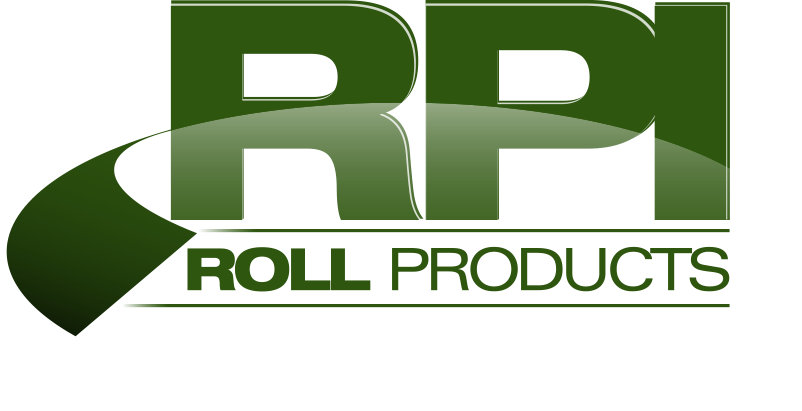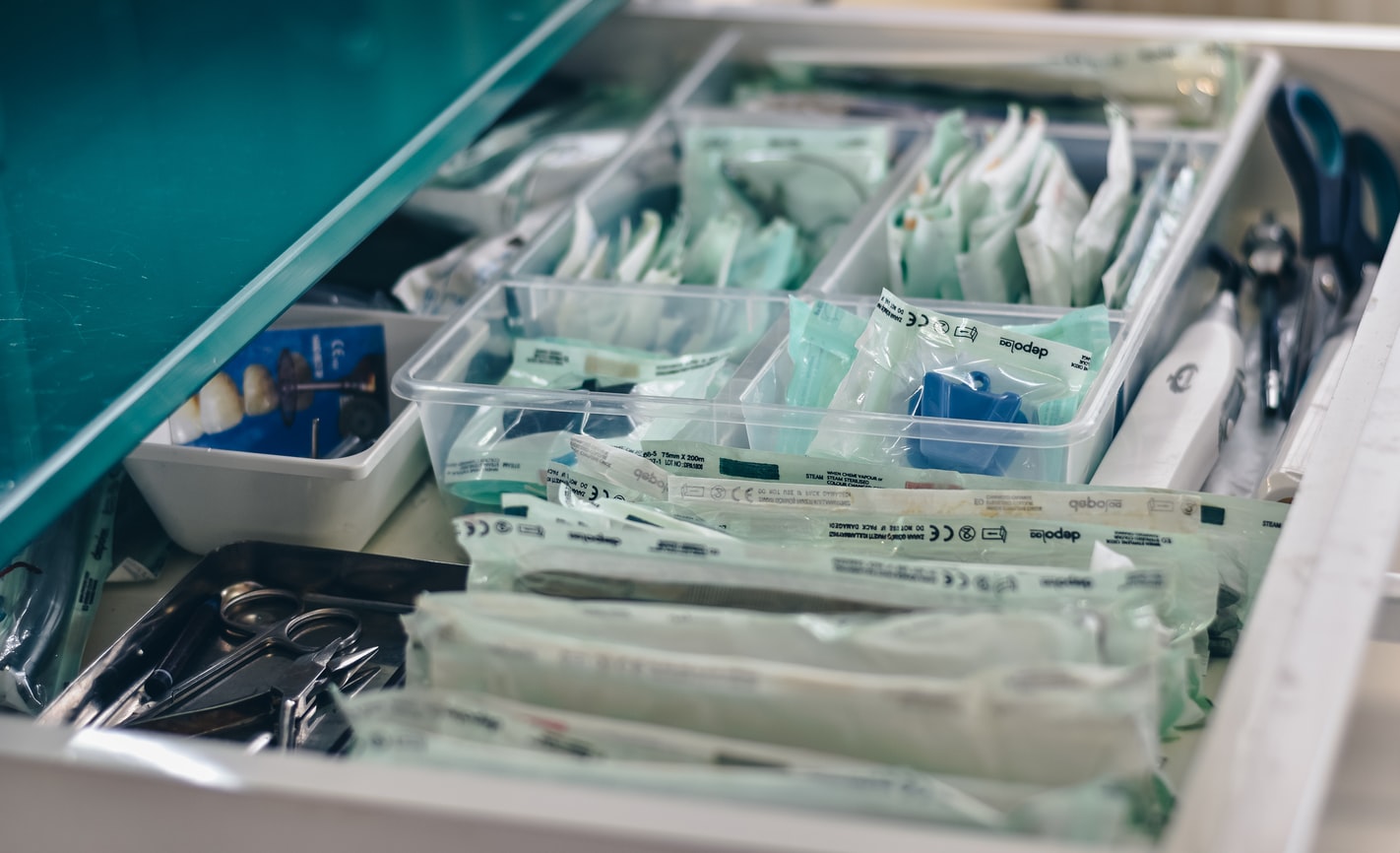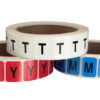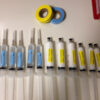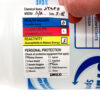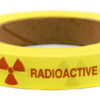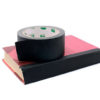When selecting labels for healthcare purposes, it is essential to consider what the label is meant to withstand. Most people don’t consider the importance of medical labels until they run into problems. When it is difficult to write on a label, or when the label is simply too small to read, it can be incredibly frustrating and can even disrupt patient care. Poor quality labels not only waste time, but they can be a result of missed instructions and confirmation. It is imperative to have functional labels because, at the end of the day, these labels protect patients and keep them safe.
Medical labels, regardless of the kind, are an essential communication tool. They need to stand the test of time, environmental stress, extreme temperatures, chemicals, water, and wear and tear. Here are several things you need to consider when choosing medical labels.
1. Clear graphics
Whether you choose to use dry erase labels, double layer label, or industrial labels, it is essential that they be clear with easy-to-read graphics. Medical labels should feature understandable symbols to make it easy for patients to follow instructions. It helps to have colored labels, especially in bright colors, because they can be easy to sort and organize or communicate certain messages and hazards. You need labels that are easy to apply and easy to read and understand.
2. Thermal sensitivity
If you need medical labels that are compatible with thermal printers, they need to have an ability to stand up to fading or smearing. You can use anesthesia tapes to convey the instructions and patient information on the labels. Laser printed or thermal labels are scannable, which makes them easy to track.
3. Permanent label adhesives
Whether you are dealing with plastic, glass, cloth, or metal, you need to ensure that your labels adhere well to the given surface. The adhesive used should stay strong under different temperatures. Missing labels can be very confusing if not extremely dangerous. Give careful consideration to the type of adhesive used and ensure it’s compatible with pertinent packaging.
4. Ease of dispensing
Medical practitioners often handle multiple tasks at the same time. They need labels that are easy to access and dispense. This makes it easier for them to get the labels they need without having to drop everything else. It also prevents confusion and boosts the safety of the patients.
5. Writable properties
Lab technicians and nurses can attest to how frustrating it can be when trying to write on non-writable labels. The labels should be able to work with different types of inks to make it easier for labeling specimen samples or charting. These are simply a staple for all medical facilities and laboratories. This makes anesthesia tapes some of the best available on the market. They are easy to use and easy to write on, regardless of the ink.
6. Laser compatibility
Laser printer and dot-matrix printers are prevalent in the healthcare world. With dot-matrix printing, radiologists, laboratories, and other specialists can print carbon forms. Laser printers, on the other hand, offer scannable bar codes, which is crucial for patient privacy and medical tracking. This makes dot-matrix and laser compatible labels highly important. They provide an easy means for printing.
7. Chemical resistance
In certain applications — such as surgery, clinical environments, and pathology — chemical resistant labels are highly important. Anesthesia tapes that are resistant to chemicals and other tissue marking dyes are very helpful, as practitioners don’t have to worry about damages. Most of the specimens are tracked using numbers and tools marked with color-coded tapes. These specialty labels can easily stand up to solvents, chemicals, and dyes.
8. Barcoding
Labs and blood banks use consecutive barcoding for their medical labels. This makes it possible to ensure patient privacy and makes it easy to track samples. The consecutive barcoding system allows easy labeling and tracking of blood samples. If you happen to be in a similar department, it is important that you choose the kind of labels that will not disappoint.
What kind of labels do you need for your practice? Anesthesia tapes, spine labels, dry erase labels or industrial labels? Maybe you need to have label protectors. Regardless, you need to make the right choice to avoid having problems later on.
